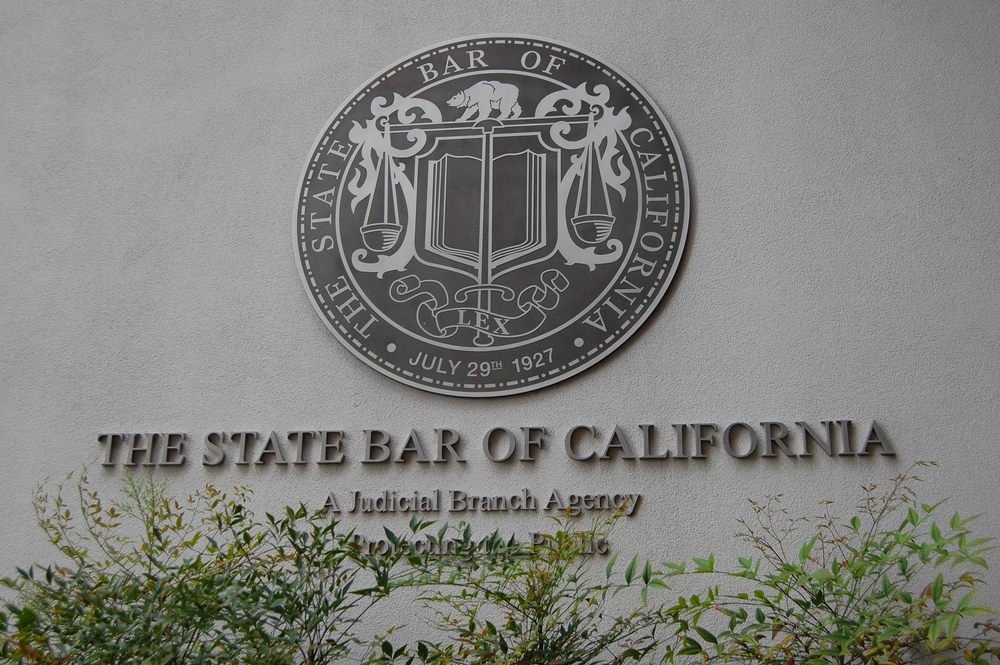COMIC: Can Teachers Take My Phone?

Transcript
Panel 1: A round, green character holds its phone possessively and looks unhappily at a hand protruding toward it from the right. Around the hand, in between the hand and the character are the words “gimme,” “phone,” and “hand it over.” A speech bubble coming out of the character includes the title “Can my school take my phone?” by Maddy Buck.
Panel 2: Four round characters stand on a black line, all holding cell phones. The green character on the left cradles its phone while saying “mine!” The purple character next to it looks lovingly at its phone and says “my phone!” The orange character to the right holds its phone behind its back and looks defiantly up, saying “NEVER.” To its right, the turquoise character stands coyly with its phone hidden behind its legs, saying “I don’t own a phone…” The panel text above them says: “Probably. But not for long. Let’s get into it.”
Panel 3: A school building with arms and legs holds and points to a document that says “policy on cell phones.” The text above says: “The law varies by state. Typically your school district can create its own policies about students’ cellphone use in school, in accordance with your state’s education laws.”
Panel 4: A grown-up, purple character, with its hands on its “hips” says “Ahem! A squared plus b squared equals…?” to the young, green character holding a cell phone and sitting at a school desk. The green character’s eyes are spinning and it is saying, “One sec. Just one more Tik Tok first!” The text above the image says: “Most states allow schools to create policies allowing teachers to confiscate students’ phones temporarily (during class time) if they are a distraction or disruption.”
Panel 5: A purple blob holds a purple phone and says, “Let’s see what’s in here” as the green character looks on in shock. Above, the text says: “If they can take it, can they look through it? It depends on why they take the phone.”
Panel 6: A U.S. Constitution with arms and legs says, “Do not search that phone unless I allow it!” Above the character, the text says: “Looking through your phone is considered a search of your property. The Fourth Amendment to the U.S. Constitution protects public school students (but possibly not private school students) from unreasonable searches and seizures.”
Panel 7: A turquoise character looks angrily to the right while yelling “my phone!” A purple character to the right is holding a cell phone that has mean texts on it like “watch out!” and “CU at school.” The character says, “We believe you have been cyberbullying!” Above, the text says: “Schools don’t need a warrant to search your phone. But their reason for searching it must be based on a reasonable suspicion that it will turn up evidence that you broke a school rule or the law. This search must also stick to whatever they’re suspicious about.”
Panel 8: The school character requests the phone of the little turquoise character, who is begrudgingly giving it up. The text above says: “Even though your cell phone is your private property, if your school has a reasonable suspicion you’re violating the law or school policy with your phone, they may be allowed to search your phone. If your school is private, it may have even more leeway to search.”
Panel 9: The school character holds a phone on the left and the school policy on the right. The text above says: “To find out about your school’s policy on cellphones, check your student code of conduct or your school’s discipline policy. The learn more about your rights at school, visit FindLaw.com.”
Related Resources:
You Don’t Have To Solve This on Your Own – Get a Lawyer’s Help
Meeting with a lawyer can help you understand your options and how to best protect your rights. Visit our attorney directory to find a lawyer near you who can help.






